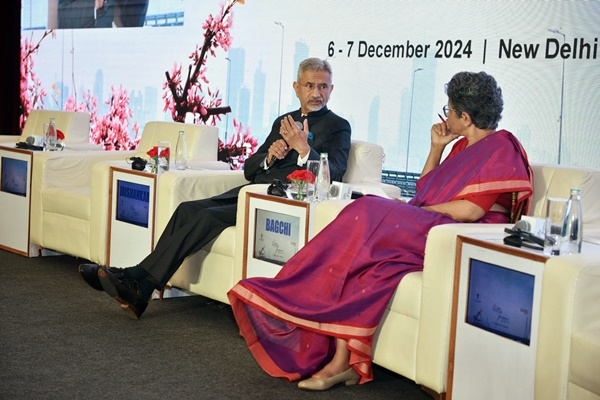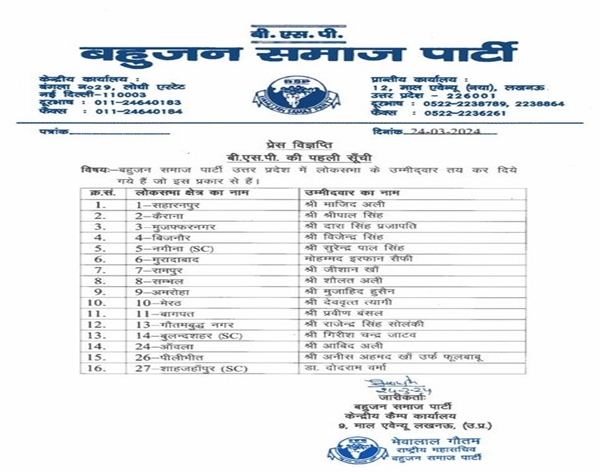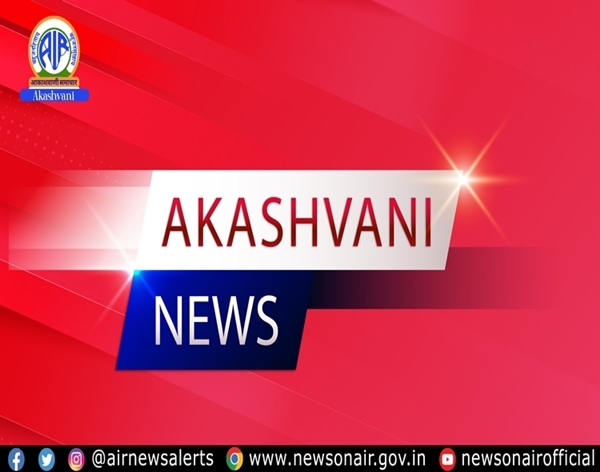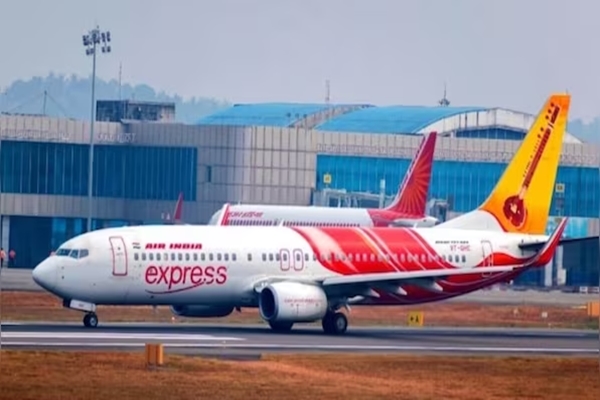External Affairs Minister Dr S. Jaishankar has underscored the growing significance of semiconductor collaboration between India and Japan. Speaking at the India-Japan Forum Inaugural Session Conversation in New Delhi today, Dr Jaishankar highlighted that both nations are also working closely with Taiwan in this field, paving the way for a major partnership that could reshape global semiconductor dynamics. Dr Jaishankar noted that semiconductors are a critical component for balancing geopolitical level equations in the coming decade, emphasizing the importance of such collaboration. He also pointed out India’s increasing openness to international collaborations, including encouraging students to study abroad and welcoming foreign students to Indian campuses.
Highlighting the good relationship between India and Japan, Dr. Jaishankar emphasized that a good relationship doesn’t automatically translate into effective collaboration. He noted that the challenge lies in converting goodwill into actionable plans. He highlighted the rising trend of foreign travel among Indians, with the country issuing between 13 million to 15 million passports annually, marking a growth of 10-15 per cent per year. Dr Jaishankar pointed out that despite the growing interest in foreign tourism, Japan is yet to see a significant increase in Indian tourists. He mentioned that Southeast Asia, Singapore, Malaysia, Thailand, the Gulf and Europe are the regions where Indian tourism has been growing rapidly.
He also underscored the need for further discussions with China to rebuild the relationship. Dr Jaishankar highlighted that India and Japan share a position as neighbours to China. He said that India’s relationship with China had been stable and growing for many years, with significant trade and investment, particularly from China to India. He pointed out that India has had a lot of market access issues in China. Dr Jaishankar also underlined that the peaceful status quo was disrupted in 2020 when China increased its military presence along the Line of Actual Control (LAC). He said that this incident, in which a number of soldiers were killed, impacted the relationship. Emphasizing that it took India 4.5 years to negotiate the disengagement of military forces along the LAC, Dr Jaishankar noted that the country still has to de-escalate because there’s still a very large number of forces in the region.















